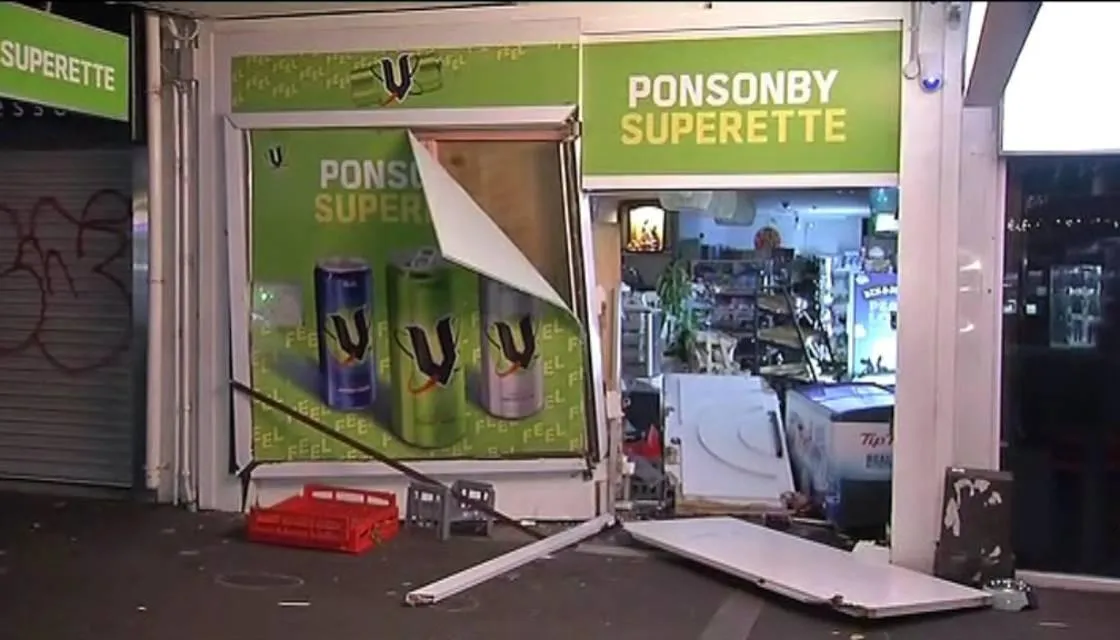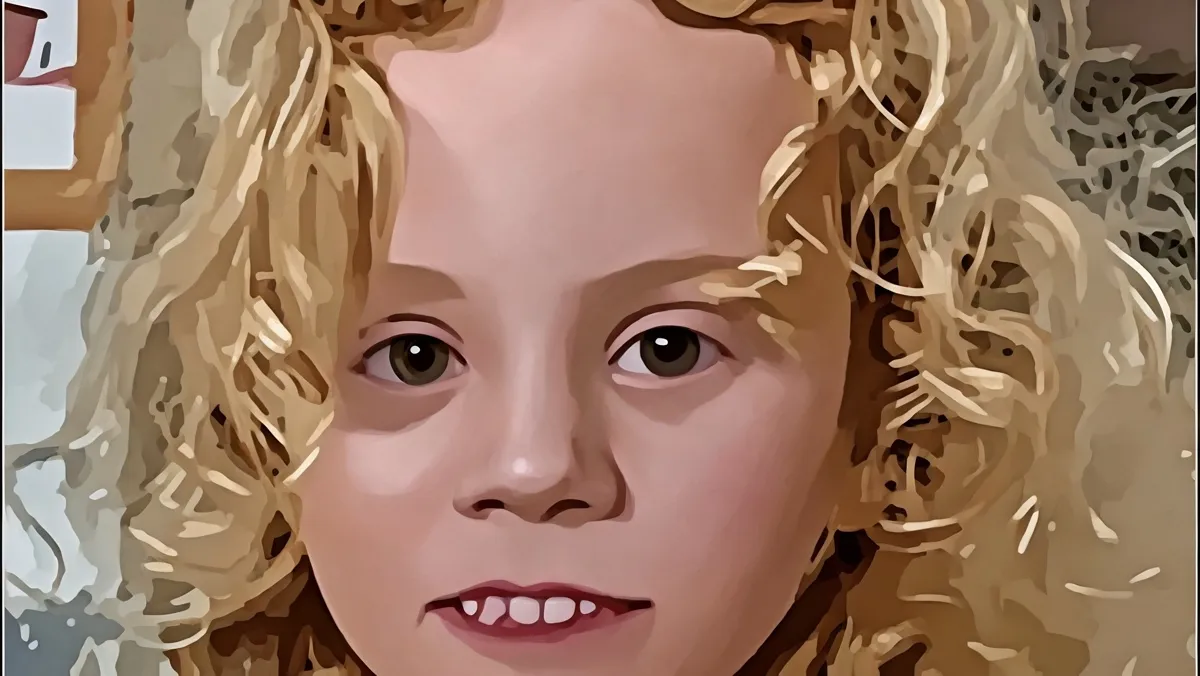Table of Contents
The increasingly alarming statistics around education failure and youth crime is tempered by the work begun by one South Auckland mother concerned about the future of its youth.
A life of crime and drugs for many appeared inevitable until Sue Dickens decided she had seen enough failure in their lives and had an idea she thought might help.
In her role as chaplain at James Cook High School, Sue observed broken young people who had disengaged from education. They were following in their parents’ footsteps of a life of crime and drugs, or employing their leadership abilities to disrupt classes, creating a following of at-risk, disadvantaged youngsters. Call them what you will, their future was gloomily predictable.
Sue approached the principal of James Cook High and asked for permission for thirty of the most difficult Year 10 students, either suspended or expelled from school, to attend her experimental one-on-one mentoring programme. It was a no-brainer and Sue’s in-school programme began. Much to the surprise of everyone – Sue included – they “were blown away” by its success.
That was fifteen years ago, and today New Foundations Trust programmes are active in 28 South Auckland schools. They now include pupils from age 9, to accommodate the increase in the numbers of younger pupils in trouble.
Mentors see past academic and behavioural failure, engage with each student to identify potential, and together plan a pathway toward individual goals.
Good quality mentoring reveals the potential but the programme’s success depends entirely on the student’s commitment to a plan constructed on their unique talents and abilities.
Through trusting relationships we support young people to create their own personal development plan.
Sounds so simple, doesn’t it? Why bother harping on about the student’s shortcomings (which they already know about anyway); instead, work on their goals and how to achieve them?
Students take full responsibility for all the decisions required for a better future. They are in a positive environment where those around them want them to succeed – motivation enough. It’s similar to the traditional two-parent family unit, and quite different from how fractured families operate.
If participating in class is necessary to achieve the education required for a brighter future, these students will do that; if reaching their goals means tackling behavioural and anger issues, they are supported to grapple with those too.
New Foundations Trust works very closely with student families and schools to provide wrap-around support.
New Foundations Trust has developed three unique programmes based on developing relationships and trust through interactive activities and games:
START transition for Year 8 students with a history of truancy and behavioural issues – one on one and group workshops to prepare students for high school. Over 1,000 high-risk students have been through our START programme since 2010. Of these, 82% successfully transitioned from primary to intermediate or/to secondary school – only 1.3% were excluded in the following year. 17% moved out of the area (unable to be tracked).
BRIDGE programme for Year 6-10 students at high risk of expulsion – group workshops to change inappropriate behaviour and gain an understanding of the importance of education. 90% of the over 2000 students who have entered our BRIDGE and MINI BRIDGE programme since 2008 were at high risk of immediate exclusion from school. We more than reversed that likely statistic: with our intervention, 87% of these students have stayed on to complete their schooling. These students also reported a dramatic increase in self-identity.
STEPS programme of individual mentoring for students who have been excluded from school or are long-term truants. Since 2008, defying all community expectations, 90% of the over 1,000 young people who have gone through our STEPS program have remained in education (school, alternative education, correspondence or a youth training course).
Programmes currently operate on an annual budget of $187,000 but an additional $100,000 is sought through donations to provide more human resources, more mentor training and programme development.
*From the New Foundations Trust website updated by Sue Dickens
Totally reliant on donations, New Foundations Trust succeeds because it places value on the potential within each student, regardless of their individual circumstances and checkered history. The onus for success is put fairly and squarely on the shoulders of students who step up and develop a positive response to their learning environment.
80% of the young people referred to the programs are Maori and research has shown that for each cohort of Maori students that enters Year 9 (the first year of secondary school), approximately 60% will leave school before they reach Year 13 (Ministry of Education, 2009a).
Poor educational results for Maori have been described as a wastage of human potential which affects the nation as a whole, not just Maori alone (Hoani Waititi 1961, cited in Metge, 2001). This has resulted in intergenerational poverty due to lack of educational qualifications, connected to low-paid employment; unemployment; benefit dependence and even crime and imprisonment (Department of Corrections, 2007). Our specialized support can break the intergenerational cycle, reduce truancy, increase student self-identity and respect with improve academic results.
Our involvement helps create stronger connections between schools, families and support groups and sense of unity that encourages struggling young people.
New Foundations Trust
Maori are at risk but because the programme treats each youngster individually, specific needs are addressed. Maori youth are no different to troubled youngsters of any culture; they all tend to thrive when given positive reinforcement and the tools to unlock potential.
I am passionate about the youth of New Zealand because they are the future of our country.
Sue Dickens









